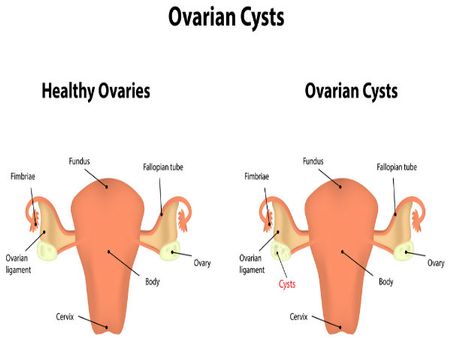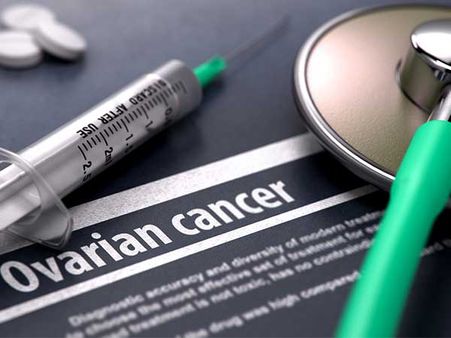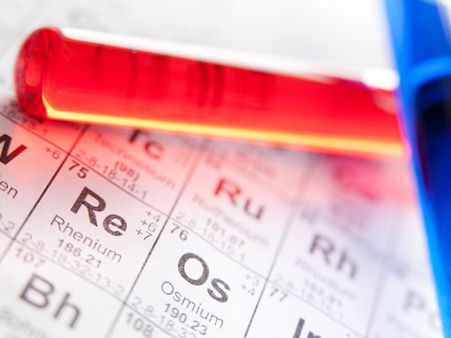Just In
- 34 min ago

- 5 hrs ago

- 14 hrs ago

- 17 hrs ago

Don't Miss
- Sports
 FIDE Candidates Tournament: Gukesh D plays a draw with Nepomniachtch as both stay joint leaders, Vaishali picks up her first win; Player Standings After Round 10
FIDE Candidates Tournament: Gukesh D plays a draw with Nepomniachtch as both stay joint leaders, Vaishali picks up her first win; Player Standings After Round 10 - Automobiles
 Ford Plans Major Return To Indian Market With Design Patent For New MPV
Ford Plans Major Return To Indian Market With Design Patent For New MPV - Finance
 Bank of Baroda Scandal: Finance Ministry Mulls Stricter Measures To Combat Cyber Fraud; Report
Bank of Baroda Scandal: Finance Ministry Mulls Stricter Measures To Combat Cyber Fraud; Report - News
 Right To Sleep A Basic Human Requirement: HC On ED Questioning Senior Citizen Post Midnight
Right To Sleep A Basic Human Requirement: HC On ED Questioning Senior Citizen Post Midnight - Technology
 Moto G64 5G Launching in India at 12 noon Today: Check Full Specifications, Expected Pricing
Moto G64 5G Launching in India at 12 noon Today: Check Full Specifications, Expected Pricing - Movies
 Bade Miyan Chote Miyan Box Office Collection Day 6 Prediction: Akshay’s Film Struggles To Reach 50Cr In Week 1
Bade Miyan Chote Miyan Box Office Collection Day 6 Prediction: Akshay’s Film Struggles To Reach 50Cr In Week 1 - Education
 NEET PG 2024: Check the Registration and Exam Date Here
NEET PG 2024: Check the Registration and Exam Date Here - Travel
Maximise Your First Indian Adventure With These Travel Tips
11 Facts About Ovarian Cancer That You Should Know About
Today is World Cancer Day, where the entire world has united together in the fight against the global cancer epidemic. It is a global observance that helps raise people's awareness of cancer and how to prevent, detect or treat it.
Today, in this article, we will be discussing about one of the most common types of cancer - ovarian cancer.
Did you know that the first World Ovarian Cancer Day took place on May 8th, 2013? This day is dedicated to creating and raising awareness about ovarian cancer for women, as there is little awareness and no cure. Ovarian cancer is the deadliest among all the cancers.
According to the American Cancer Society, the risk of women getting ovarian cancer in their lifetime is about 1 in 75, and their lifetime chance of dying from ovarian cancer is 1 in 100. More than 22,000 women have been diagnosed with ovarian cancer in 2016.
Ovarian cancer occurs when the cells that are not normal grow in one or both of your ovaries. If detected in the early stages, there may be a few or no symptoms.
The early symptoms of ovarian cancer include back pain, indigestion or heartburn, pain in the lower abdomen, pain during sexual intercourse, feeling full rapidly when eating, nausea, among others.
Read on to know more about the interesting facts on ovarian cancer.

1. Early Diagnosis For Treating The Disease
If a woman frequently experiences these symptoms like increased abdominal size, persistent bloating, difficulty in eating, abdominal pain, frequent urine, etc., these can be early warning signs. An awareness of these symptoms of ovarian cancer may enable women to receive an earlier diagnosis, when it can be easily treated.

2. Ovarian Cancer Is Often Diagnosed At A Late Stage
When ovarian cancer is diagnosed at an advanced stage, women often delay in seeking help. This is because women might be thinking that their symptoms are due to periods or menopause or may be confused with some common stomach or digestive issues. The frequency of the symptoms should let them know that it is time to go to the doctor.

3. Early Detection Can Cure
When ovarian cancer is detected early, it can be cured. Stage 1 and stage 2 ovarian cancer is curable about 75 to 95 percent of the time, depending on the cell type and tumour grade. Just because this disease happens deep inside the body's pelvic region, it is often diagnosed at a later stage.

4. Ovarian Cancer Has Several Risk Factors
The several key risk factors of ovarian cancer in women include when they have never been pregnant or are having uninterrupted ovulation due to infertility, early onset of period or a late menopause, using talcum powder in the genital area and smoking.

5. Ovarian Cancer Has Four Stages
In stage 1, the cancer remains within the ovaries and fallopian tube. In stage 2, the cancer spreads to other pelvic regions such as the bladder, uterus and colon. In stage 3, the cancer spreads beyond the pelvis to the lining of the abdomen and in stage 4, it spreads to the liver and other tissues.

6. There Are More Than 30 Types Of Ovarian Cancer
Yes, there are more than 30 types of ovarian cancer than you would have imagined. They are categorized by the type of ovarian cells from which they developed. Epithelial tumours develop from surface epithelium cells, which is the most common type of ovarian cancer. Germ cell tumours arise from the type of cells that form eggs and stromal tumours develop from the cells that produce oestrogen and progesterone .

7. Ovarian Cancer Treatments Are Evolving
Immunotherapy is emerging as a new treatment option for many ovarian cancers. A DNA repair drug has been approved for women with BRCA-mutated ovarian cancer when chemotherapy hasn't worked.

8. Removing Your Ovaries Could Do Harm
Women undergoing a surgery by removing their ovaries have a decreased risk of developing breast cancer or ovarian cancer. But, this could also increase the risk of heart disease and lung cancer, as noted by a study.

9. Diagnosis At An Early Stage Improves The Chances Of Survival
When ovarian cancer is detected at an early stage, about 90 percent of women are likely to survive for more than 5 years. To obtain an accurate diagnosis, an oncologist can treat you and cure you on time.

10. It Can Happen At Any Age
Ovarian cancer can occur at any age in a woman's life. Sometimes, it is rare for women to develop cancer who are younger than the age of 40 years. The majority of ovarian cancer in women occurs from age 63 years and above, according to the American Cancer Society.

11.Screening Tests Are Not Effective
Screening tests for ovarian cancer have proved to be not effective in detecting ovarian cancer. Pelvic exams conducted by doctors may include a check of the ovaries, but these often don't detect tumours, until they have grown large enough.
Share this article!
If you liked reading his article, don't forget to share it.
Top 15 Foods That Are Rich In Vitamin C
-
 healthOvarian Cancer Day: Know About The Warning Signs; Are Women Over 30 At Risk?
healthOvarian Cancer Day: Know About The Warning Signs; Are Women Over 30 At Risk? -
 womenTennis Legend Chris Evert Reveals She Has Ovarian Cancer And Is Undergoing Treatment
womenTennis Legend Chris Evert Reveals She Has Ovarian Cancer And Is Undergoing Treatment -
 wellnessWhy Women Should Include Mangoes In Their Diet - 10 Evidence-Based Reasons
wellnessWhy Women Should Include Mangoes In Their Diet - 10 Evidence-Based Reasons -
 disorders cureTeratoma: Types, Symptoms, Causes, Diagnosis And Treatment
disorders cureTeratoma: Types, Symptoms, Causes, Diagnosis And Treatment -
 wellness11 Impressive Health Benefits Of Black Tea You Haven't Heard Of
wellness11 Impressive Health Benefits Of Black Tea You Haven't Heard Of -
 disorders cureSymptoms of Ovarian Cancer You Need to Know Right Now
disorders cureSymptoms of Ovarian Cancer You Need to Know Right Now -
 basics6 Reasons Why Your Positive Pregnancy Test is Wrong
basics6 Reasons Why Your Positive Pregnancy Test is Wrong -
 wellnessWorld Health Day 2022: Common Causes Of Ovarian Cancer That You Need To Know
wellnessWorld Health Day 2022: Common Causes Of Ovarian Cancer That You Need To Know -
 wellnessEarly Symptoms Of Ovarian Cancer That You Must Be Aware Of
wellnessEarly Symptoms Of Ovarian Cancer That You Must Be Aware Of -
 wellnessDoing This One Thing In Shower Doubles Your Risk Of Cancer: Are You Still Doing It?
wellnessDoing This One Thing In Shower Doubles Your Risk Of Cancer: Are You Still Doing It? -
 wellness10 Signs That Show You Have Ovarian Cancer
wellness10 Signs That Show You Have Ovarian Cancer -
 wellness10 Warning Signs Of Ovarian Cancer
wellness10 Warning Signs Of Ovarian Cancer


 Click it and Unblock the Notifications
Click it and Unblock the Notifications



